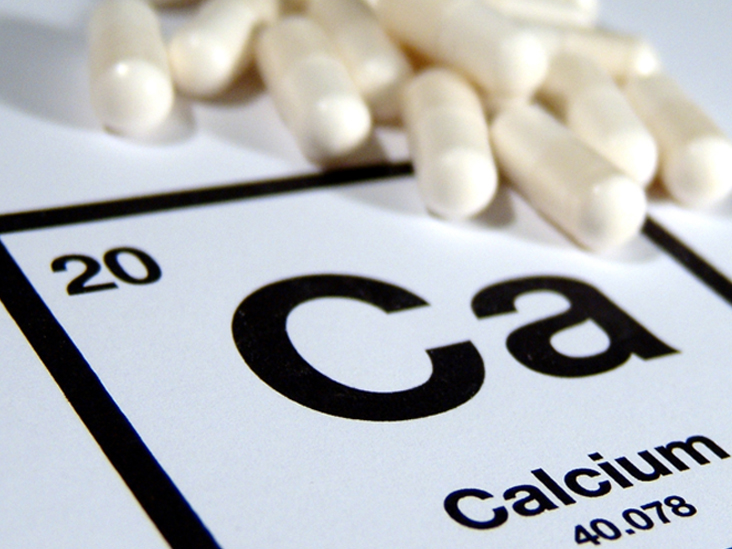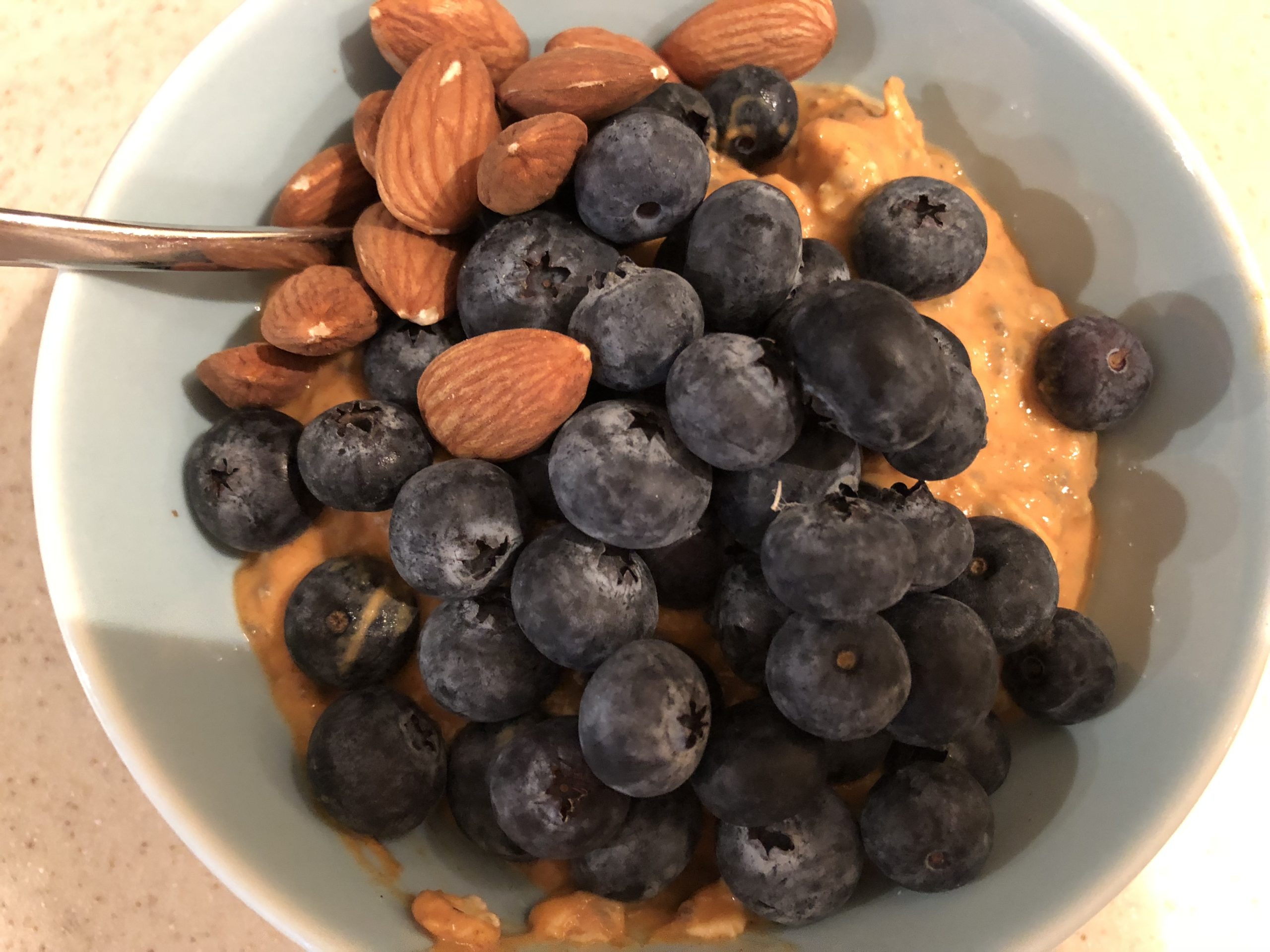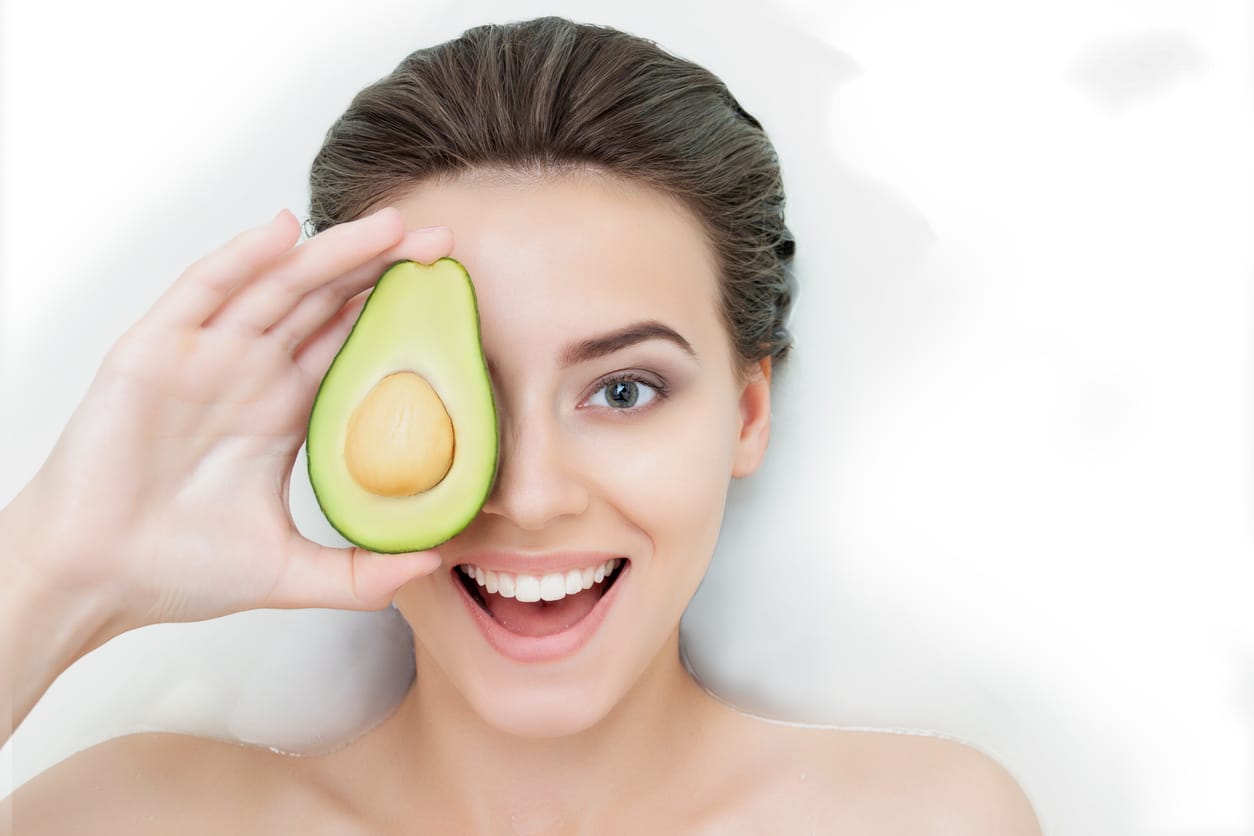
I think that I am a pretty healthy eater, and I imagine you might think you are too.
So why aren’t you getting enough calcium?
As a healthy eater, I always want to get my nutrients from food rather than supplements. Supplements, which can be really useful for filling in the gaps, should never be a substitute for food.
Supplements have historically always made headline news and calcium has been no exception. You might remember back in the day when we were all urged to take a mega dose of calcium in pill form. Studies back then showed that we were not getting enough.
Pediatricians pushed supplements on my kids, my GP pushed calcium on me and we were all making the supplement industry very rich.
That is, until it was found that mega dosing on calcium could cause kidney stones, heart issues and constipation.
Vitamins and minerals work in harmony with other nutrients – so taking them in isolation is bound to cause trouble. It’s almost impossible to overdose on a single nutrient when you eat it in food, and calcium is no exception. Except that I’m here to tell you, you are likely not getting enough.
I have seen a number of clients lately with bone-related issues, and it prompted me to check in with my own calcium intake. Many women I know in their 50’s are breaking bones, and coming back with bone density tests that alert them to osteoporosis, or low bone density.
I went to check my daily calcium intake (here’s the calcium calculator) and found that I was, in fact not getting enough of this essential nutrient.
A Quick Primer on Calcium
Besides keeping our bones dense and strong, calcium is responsible for blood clotting, our muscles to contract and our heart to beat. We lose calcium though our hair, nails, and sweat and urine, and it essential to replace it through the food we eat. Ninety-nine percent of the calcium we have is in our bones and teeth.
When we don’t get enough calcium from the food we eat, it is taken from our bones.
Women older than 50 need about 1200mg/day.
Fun calcium fact: We must have vitamin D with our calcium. These two nutrients go hand in hand, and calcium will not get absorbed properly without it. Since vitamin D is the nutrient of the moment, it stands to reason that most women have been told by their doctors to take a supplement. However, like I said, it’s always best to get your nutrients from food and we don’t want to mega dose (my thoughts on vitamin D is will be in a future blog post.)
Best Sources of Calcium
Our most reliable source of calcium is from dairy products like milk, yogurt and cheese. In fact, an 8-ounce glass of milk, or 6 ounces of plain yogurt has about 300mg. But what if you don’t like dairy (like many of my clients)? Go for fortified unsweetened almond milk which also has about 300mg per cup. Dark leafy greens are also a great source of calcium but you need to eat a lot of them – 2 cups of raw kale has 180mg. If you don’t use dairy or drink almond milk that is a lot of kale to get to 1200mg.
My Favorite Calcium Rich Food
Remember when I said that calcium and vitamin D go hand-in-hand? One of my all-time favorite sources of both nutrients, and don’t grimace please, is sardines. I LOVE sardines! Here’s why: a 3-ounce can has 325mg calcium AND 164 i.u of vitamin D. They are super high in omega-3 fatty acids (the good for you fats) AND as far as mercury in fish they rate the lowest. A total win-win food. I know, they are fishy, but no fishier than salmon. Hey, you need foods like this in your diet! Everyday. I even created a great Lemony Sardine and Arugula Salad recipe for you to try with sardines.
The Calcium Bottom Line
Let’s try to get our nutrients from food and not rely on pills that come with downsides. However, if you feel that you are still not getting enough calcium, fill in with 500mg calcium citrate at most (the best absorbed calcium) and make sure it comes with about 400i.u. vitamin D.
Important to note too: There are certain foods that like to rob our bodies of calcium – too much caffeine (you can keep your morning coffee), diet soda, alcohol, foods high in oxalates (such as raw spinach) or phytates (beans that have not been soaked properly), too much red meat, and too much salt.
Exercise is amazing for your bones! Anything weight bearing – weight lifting, walking, running, Pilates or yoga, are all beneficial and help strengthen your bones.
Need Help Protecting Your Bones?
Make getting enough calcium a priority from now on. I’d love to be your resource and offer my expert help to setting you on the path to nutritional well-being.
If you need help with food choices, where to find calcium and how to incorporate these delicious foods into your diet, let’s talk!




